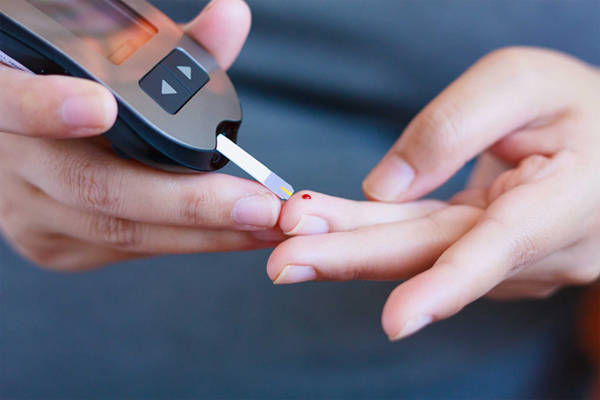

Diabetes is a common medical disorder in India and it is not uncommon to encounter in pregnancy. The prevalence and incidence of diabetes are increasing globally. In urban India, the prevalence is 9%. Diabetes occurs at a younger age in India. This is related to lifestyle changes with the increasing prevalence of obesity, metabolic syndrome, and polycystic ovary syndrome.
Diabetes in pregnancy is associated with complications in both mother and the baby if blood sugar is not strictly controlled.
Periconceptional counseling, early diagnosis, good glycemic control, and appropriate fetal monitoring are essential for good fetal and maternal outcome
Diabetes in pregnancy is classified as gestational and pregestational
Gestational diabetes mellitus is defined as any degree of glucose intolerance with onset or first recognition in pregnancy.
Gestational diabetes: diabetes diagnosed during the second half of pregnancy. It is due to unmasking of susceptibility to type 2 diabetes.it shares common features of type 2 diabetes. Most people need only lifestyle modification. Occasionally insulin is needed for blood sugar control.50% of this patient develops overt diabetes later in life.
Pregestational diabetes can be type1 or type2. Type 1 occurs at a younger age group and is due to absolute insulin deficiency. Type 2 occurs in older women and is due to peripheral insulin resistance or beta-cell dysfunction. These women are usually obese
Physiological changes of carbohydrate metabolism in pregnancy include fasting hypoglycemia and postprandial hyperglycemia. Some placental hormones are diabetogenic. There is an increase in peripheral resistance to insulin.
Screening for diabetes can be either a one-step or two-step approach. Universal screening is recommended for the Indian population as we are at high risk for diabetes ethnically. Diabetes is associated with several maternal and fetal complications. Ketoacidosis, miscarriage and congenital anomalies can occur only in pregestational diabetes. Pregestational diabetics should be evaluated for renal and retinal damage.
Blood sugar control is by medical nutritional therapy, exercise and medication (insulin or oral hypoglycemic agents).optimal blood sugar control is the key to the prevention of complications Diabetes can cause big baby and associated difficulties in delivery. Newborn may go into hypoglycemia and breathing difficulties. Other complications that can develop in baby include hyperbilirubinemia, hypocalcemia, and polycythemia. Optimal control of blood sugar and timely delivery can prevent most of these complications
Dr. Agitha Kumari, MBBS, MS (OBGYN)
Consultant, Obstetrics and Gynaecology
